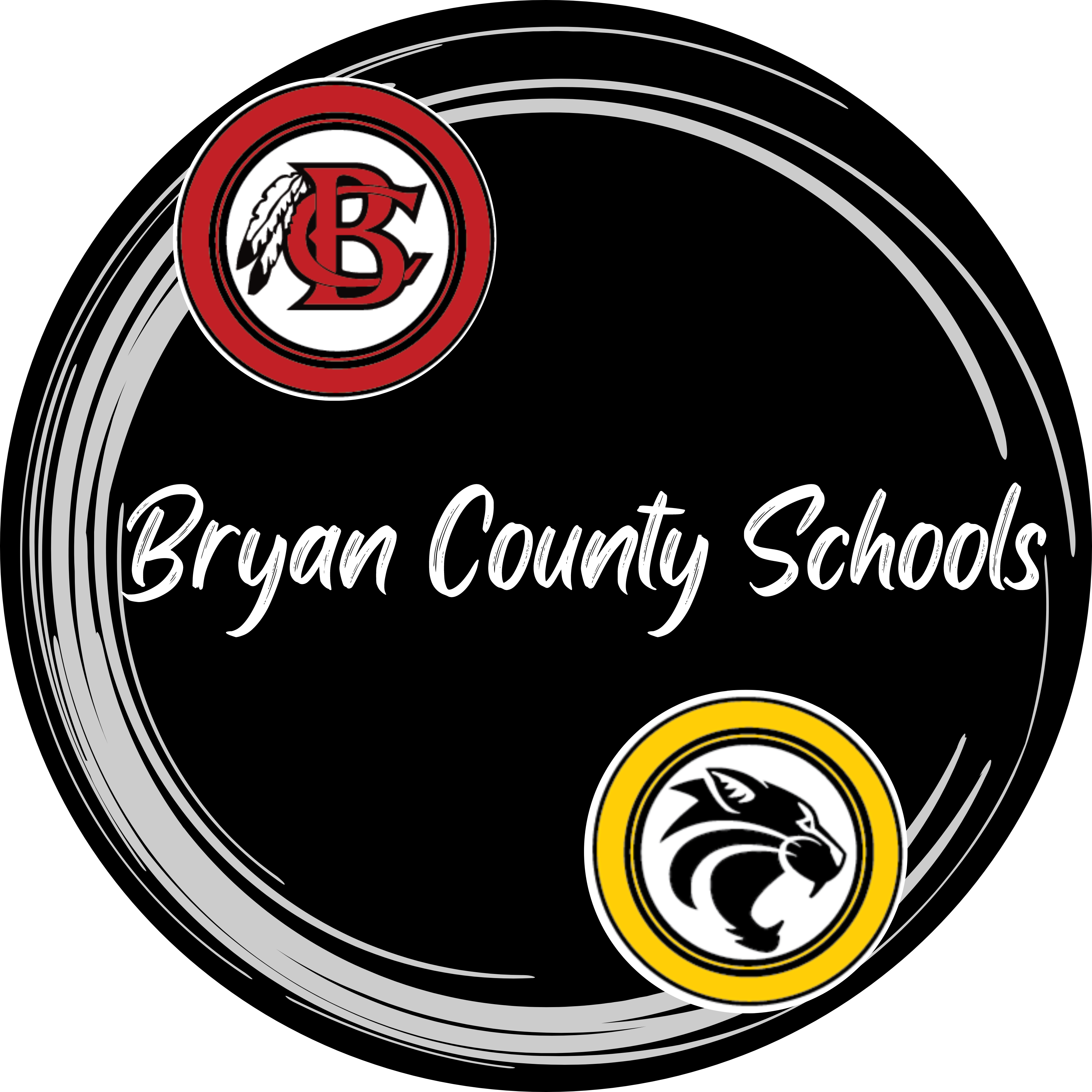Exceptional Student Services
CHILD FIND
Question: What is Child Find?
Answer: The purpose of Child Find is to identify, locate, and evaluate children and youth, birth to age 21, who are suspected of, or have a disability or developmental delay. Bryan County Schools serves children ages 3 through 21 with identified special education needs.
Question: How can children be referred?
Answer: A referral may be made by anyone who has a concern about a child’s development. All referrals are considered confidential. The parent retains the right to refuse services. Children may be referred by any of the following:
Parents/legal guardians/foster parents
Other family members
Physicians/health care providers
Preschool programs
School system personnel
Community agencies
Private school personnel
Others who are concerned about a child’s development
Question: When should a child be referred for Child Find purposes?
Answer: A child should be referred when:
A health or medical disorder interferes with development or learning.
A child seems to have difficulty seeing or hearing.
A child appears to have social, emotional or behavioral difficulties that affect his/her ability to learn.
A child has diagnosed progressive or degenerative condition that will eventually impair or impede the child’s ability to learn.
A child seems to have difficulty understanding directions like others that are his/her age.
A child’s speech is not understandable to family or friends.
A child has difficulty with reading, math, or other school subjects.
Question: What is Special Education and who is eligible for services?
Answer: Special Education is instruction designed to meet the unique learning strengths and needs of individual students with disabilities from birth through age 21. A child must be evaluated and identified as having a disability to be eligible for Special Education and/or related services. Services are provided for students in all disability areas recognized by the State of Georgia.
Question: Where can I find out more about Child Find?
Answer: For a preschool aged child, with a chronological age of 3 through 5, who has or may have a developmental disability, please contact the Special Education Office at 912-851-4014.
Parents of students kindergarten through 12th-grade, who suspect their child may have a disability, should contact the teacher, principal or the chairperson of the school’s Student Support Team.
(PDF) Child Find Procedures
INDIVIDUALS WITH DISABILITIES EDUCATION ACT (IDEA)
The Individuals with Disabilities Education Act (IDEA) is a federal law that assures a free, appropriate public education and protects the rights of students with disabilities. Every step in planning and monitoring the student's education is protected by this law, including procedures and processes such as:
Reasonable notice
Parent consent
Least Restrictive Environment (LRE)
Individualized Education Program (IEP)
Placement
Confidentiality
Mediation
Due process
Additional information is available by visiting the US Department of Education IDEA website at; http://idea.ed.gov/
NO CHILD LEFT BEHIND ACT
The No Child Left Behind Act (NCLB) of 2001 was signed into law by President George W. Bush on January 8, 2002. The law contains many provisions designed to increase educational opportunities for children, especially those who come from families with lower incomes or who need more academic assistance. The No Child Left Behind Act was also created to ensure that students with disabilities were not left behind.
This guide is meant to provide you with information about No Child Left Behind. It summarizes the main provisions of the law, answers common questions, and provides information on where you can find additional resources.
(PDF) A Parent's Guide to No Child Left Behind
ASSISTIVE TECHNOLOGY
Assistive technology devices are identified in the IDEA as “any item, piece of equipment or product system, whether acquired commercially off the shelf, modified, or customized, that is used to increase, maintain, or improve the functional capabilities of children with disabilities."
The definition of an assistive technology device is very general and provides IEP teams with the flexibility to provide a range of technology solutions to assist students in completing tasks within relevant instructional or access areas. Technology is available to support student performance in academic areas such as writing, spelling, reading, and math. Moreover, assistive technology is available to support student performance and independence in communication, listening, mobility, recreation and leisure, vocational training, and daily living activities.
Assistive technology services include “any service that directly assists a child with a disability in the selection, acquisition, and use of an assistive technology device.” Assistive technology services include but are not limited to evaluation, device acquisition, device maintenance and repair, training for the student, his family, and educators as needed, and technical assistance.
(PDF) Assistive Technology Fact Sheet
PARENT RESOURCES
Bryan County Special Education Department encourages parents to become familiar with local and regional resources available to support students and families. The Special Education Department in collaboration with Parent to Parent of Georgia provides parents with access to a parent mentor for support, information and training opportunities for families who have children and youth with disabilities.
The Parent to Parent website can be accessed using the following web address:http://p2pga.org/
DESTRUCTION OF SPECIAL EDUCATION STUDENT RECORDS
Bryan County Schools archives and stores special education student records for a limited time according to the Common Records Retention Schedules for School Systems, Department of Archives and History.
Any person desiring to obtain his/her records may contact the Exceptional Student Services office at 912-851-4014.
